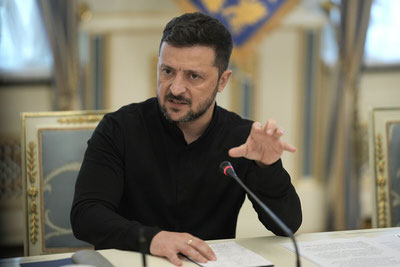Last year, President Shavkat Mirziyoyev became acquainted with the presentation of projects for recycling household waste, producing electricity, and manufacturing products from it.
That day, the head of state emphasized the social importance of the projects, stating, “These are not just factories, they are about one of the issues that decide our very existence. The suitability of our land and water, the health of the population, the cleanliness of the air, and the stability of energy all depend on this area. If waste is collected properly and recycled more, the ecological balance will improve, nature will become cleaner, and society will change,” it was highlighted.
The Republic of Uzbekistan, through the Ministry of Ecology, Environmental Protection and Climate Change, the Ministry of Investments, Industry and Trade, the Ministry of Energy, and six major companies from the People's Republic of China and the United Arab Emirates, signed joint development contracts. This was reported by the Waste Management Agency's press service.
Accordingly, projects worth a total of 1.28 billion US dollars will ensure the efficient use of solid household waste. More than 4.7 million tons of waste will be incinerated annually to generate 2.1 billion kWh of electricity, reducing the number of landfills by five times. 97 million US dollars worth of electricity will be sold. Additionally, these efforts will save 152 million cubic meters of natural gas and reduce greenhouse gas emissions by 2.4 million tons. 1,200 new jobs will be created. The projects are planned to be implemented in the Andijan, Bukhara, Jizzakh, Kashkadarya, Navoi, Namangan, Samarkand, Syrdarya, Fergana regions, and Tashkent city from 2025 to 2027.






